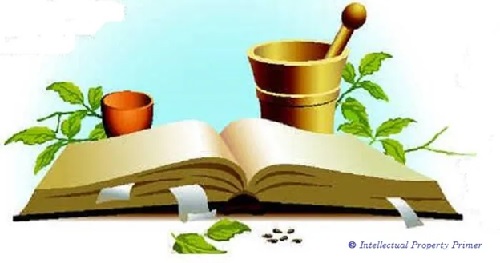
BY LEULSEGED WORKU
There is no question how valuable indigenous knowledge is to the nation building process. Every technological progress and achievement we are observing all over the world are directly or indirectly the result of indigenous knowledge that sprung somewhere in planet earth. The contribution of indigenous knowledge for the development of a given society is incalculable. In this regard, Ethiopia, as a country with ancient civilization, has a lot to contribute to itself and the world.
Tefera Dugasa, is a school director who appreciates and promotes indigenous knowledge. Tefera has a firm stand that nurturing and promoting indigenous knowledge should not only be a seasonal agenda. Ethiopia as a land of various cultures, values and indigenous knowledge should preserve and transfer them to the coming generation.
Due to the influence of social media and the tendency to appreciate Western culture, this generation prefers to adopt and be assimilated within alien cultures.
Pursuing indigenous knowledge enables us to preserve our true identity. When we let the new generations to focus on what is hybrid and alien, they will start to think Ethiopia has no indigenous knowledge. For this very reason, the role of parents and family members is crucial in guiding the new generation to the right direction. As to him, our future depends on our past. If we fail to keep our true identity, we may jeopardize our future.
Asked if indigenous knowledge is a source of conflict among people with unique cultural identity, Tefera said, it might be a source of conflict as well as a reason for harmony. According to him, the way the society hears and handles a given history about itself or others might affect how that particular society perceives that particular knowledge. The more we nurture tolerance, the more we will respect the value of others. The more we develop a broad view about a given issue, the more we will be critical. The role of elites is vital in this regard.
“We may have basketful differences but they (our differences) should not be a source of conflict and war. If we properly and critically challenge them, we can reach consensus or respect differences.”
Tefera said that technological advancement has a significant role in promoting indigenous knowledge. The more a given society has better technological advancement, the more they could preserve indigenous knowledge. They will not be victims of alien cultures and knowledge. Here, it must be noticed that technology should not always be a high-tech technology. Investing and promoting the local ones could also be a source of pride. “In this regard, We, Ethiopians, have indigenous technologies and knowledge that should be appreciated and promoted at the national level.”
On his part, Author and Lecturer at Arsi University, Mohamed Nemu, and (PhD) said that the role of elites and media is vital towards nurturing indigenous knowledge. Behind every economic progress, there is the role of indigenous knowledge, media and the elites.
According to him, those countries with better technology and media have a better position in promoting their knowledge and value systems. On the other way around, those countries that are equipped with poor technology and media have relative advantages in promoting indigenous knowledge. “In this regard, the more we give value to indigenous knowledge the more we can understand our true history and identity.”
Indeed, as it is mentioned by the scholars the role of elites and technology is crucial in promoting indigenous knowledge. Those countries with better technology and economy now have a better economic and political position throughout the world.
Ethiopia is an ancient country with a myriad of indigenous knowledge. Preserving and exploiting these values as problem-solving strategies to sustain peace; and support development endeavours is crucial.
The Ethiopian Herald June 24/2022





